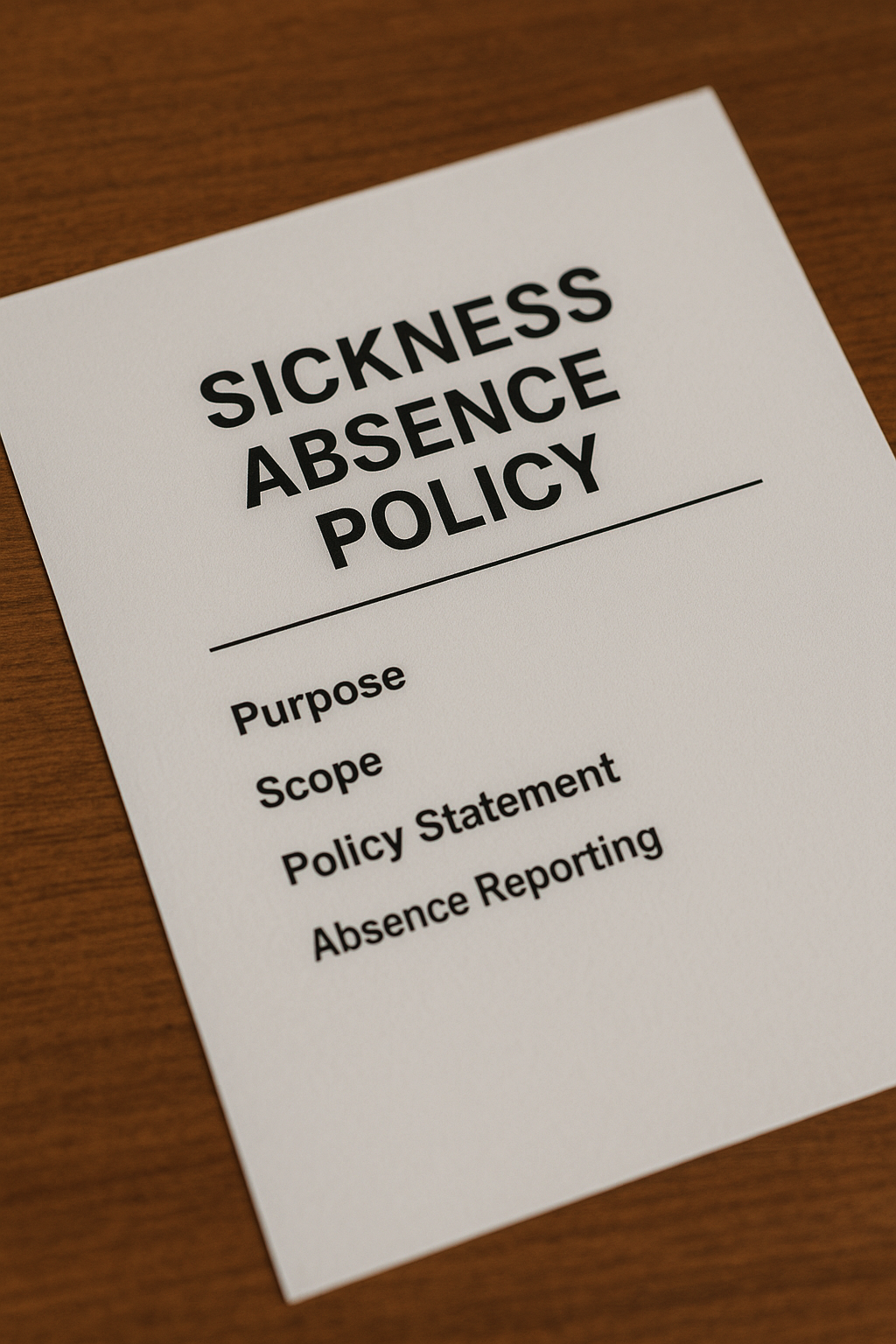
Tell Us What Is Happening.
Capability, Sickness and Performance Explained
Being called into a meeting about sickness or performance is one of the most stressful situations an employee can face. For many people it feels as though their job is under threat, and it often comes on top of an already difficult period of poor health or pressure at work.
Employers use capability processes to deal with concerns about attendance or performance. While sickness and performance are distinct issues, they are often treated in a similar way, with the end result being the same: if the employer believes you cannot meet the required standard, they may move to dismiss you.
It is important to remember that dismissal is not automatic. Employers are expected to follow a fair process, explain their concerns clearly, and give you the chance to respond and improve. Understanding your employer’s policies, knowing what the process involves, and preparing for each step will give you the best chance of protecting your job and moving forward with confidence.
-
Sickness absence is usually broken down into two categories: short term sickness and long term sickness.
The first step is always to check your employer’s sickness policy. This will explain how absence is recorded, monitored, and managed.
Some employers use a scoring system where repeated short term absences are tracked and points eventually trigger a warning. These systems can be challenging, especially for workers with conditions that cause frequent absence.
Other employers use a staged approach, often described as supportive, but in practice this still moves employees along a formal process that can end in dismissal.
Whatever system is used, the policy is your starting point. It sets out what your employer says they will do, and you can hold them to it.
-
Under the Equality Act 2010, a disability is a physical or mental condition that has a substantial effect on daily life and is likely to last, or has lasted, more than twelve months.
If your condition could be considered a disability, your employer has a legal duty to provide additional support and to make reasonable adjustments. This might include:
Relaxing absence triggers or thresholds
Adjusting performance targets
Offering additional support or flexibility
If your employer is unaware of your condition, they cannot be expected to make adjustments. Once they are aware, they must not discriminate against you because of it.
Many long term medical conditions are considered disabilities under the Act. If this applies to you, seek advice early to make sure your rights are protected.
-
If your employer believes you are not meeting the required standard, they may begin a capability process.
This usually involves setting an action plan with specific objectives for you to achieve, often over four to six weeks. The first step is to check your employer’s performance management policy so you understand what they must do.
A common mistake is focusing too much on whether the plan is fair at the outset. While it can feel unjust, fairness is often difficult to prove in the moment. The better approach is to focus your energy on meeting the targets that have been set. If you achieve them and your employer still pushes you further along the process, that provides strong evidence that you are being treated unfairly.
Performance management is a serious process that can lead to dismissal if it is not handled properly. Take advice as soon as possible so that you are supported and do not risk being set up to fail.

